

12:30 am IST - 2:30 am IST
Past Event
Content from the Brookings Institution India Center is now archived. After seven years of an impactful partnership, as of September 11, 2020, Brookings India is now the Centre for Social and Economic Progress, an independent public policy institution based in India.
Summary
On July 21, 2017 the Brookings India Health Monitor was presented by Senior Fellow Shamika Ravi and launched by C.K. Mishra, Secretary, Ministry of Health and Family Welfare, Government of India.This was followed by a panel discussion on “Better Health Data for Better Health Policy” with Soumya Swaminathan (DG, ICMR & Secretary Health Research, Government of India), Alok Kumar (Advisor – Health and Nutrition, NITI Aayog, Government of India), Naresh Trehan (Founder Chairman, Medanta), Swaminathan Aiyar (Senior Indian Journalist). The session was moderated by Senior Fellow Shamika Ravi.
Ravi presented the Brookings India Health Monitor as a one-stop common platform for real-time data, research and analytics that is easy to understand for policy makers, researchers, and industry for feeding into decision-making. India has a culture of data collection that is very robust, coming into question now for many reasons. One issue is the pace with which there is digitisation and collection of data, which is still in a fragmented effort. The Monitor helps bring this fragmented data collection exercise onto one platform. Public data has been used to create this Monitor and conversations with individual institutions and tertiary care hospitals are ongoing. The Health Monitor focuses on six aspects of health for traction: public healthcare infrastructure, maternal health, child health, communicable diseases, non-communicable diseases, and mental health.
Ravi showed snapshots of the interactive Monitor, by referring to quantity and quality of infrastructure, stating that there are both huge inter-state and intra-state variations with regards to access to care. She then presented the Health Infrastructure Index, as per which states are ranked. Thereafter, she stated that every state in India ought to aim for a different target in terms of curing of different ailments. Institutions at the local level should use the data to make it better.
In his keynote address, C.K. Mishra spoke about how the Health Monitor has been produced in coordination with rural health statistics and the public sector healthcare statistics. The data acts as the only check on healthcare schemes introduced by the government. It helps educate policy makers about the effect a particular scheme or programme has had on the general public. The lack of private health data results in lack of inclusive healthcare policies and the variability in access to healthcare across the country hinders the production of truest data sets. Mishra highlighted how the Health Monitor helps solve the issue of varied data interpretability through provision of uniform and reliable data, hence helping provide good and efficient healthcare policies.
In the panel discussion, Trehan seconded the issue of lack of uniform and reliable data, adding that the private sector, public sector and NGOs should support each other in the provision of better healthcare to the public. Any healthcare policy in India has to be dynamic and be in accordance with the rapid growth in population. Swaminathan addressed the issue of the lack of public knowledge in the field of medical science and research. Science communication is a field that has not been given enough prominence in India. Swaminathan added that even though an institution for public nutrition reads a lot of data to inform the public, this data has not been utilised by any policy-making body. Maintenance of records is another challenge faced in the health space.
Further to speaking on the need for accurate data for policy making, Kumar explained how the NITI Aayog is also creating a competitive ranking system for states to provide more accessible healthcare. Currently, NITI Aayog is working with two-three states as models for the rest of the nation, to help local governments in states improve their facilities for enabling impactful implementation of policies. The aim of NITI Aayog’s new schemes is to get reliable data sets, given the diverse range of data sets available from different organisations.
Aiyar explained how healthcare has become an integral part of politics seen as a major area of development over the past five to 10 years, given its link to poverty alleviation. He also suggested how data can drive state competition and incentivise states to focus on healthcare.
The Brookings India Health Monitor had so far been cited in the following national and international media: Scroll.in, Swarajya, Hindustan Times ePaper (New Delhi), HT Syndication, Business Standard, HT Syndication, Dailyhunt, Hindustan Times, IndiaToday.in, News Summed up, MoneyControl, Financial Times, Yahoo News, Daily Star, NBC News, Saudi Gazette, Reuters, Today Online, New Straits Times, Global News, Guardian, Daily News, Japan Times, US News, Street Insider, Times of Oman, Reuters Canada, Metro US, Reuters Africa, Reuters UK, Lancet News.
Event announcement
The launch of the Brookings India Health Monitor with a panel discussion on “Better Health Data for Better Health Policy”. The Chief Guest is Mr CK Mishra, Secretary, Ministry of Health and Family Welfare, Government of India.
Panel Speakers:
Soumya Swaminathan (DG, ICMR & Secy Health Research, GoI)
Alok Kumar (Advisor – Health and Nutrition, NITI Aayog, GoI)
Naresh Trehan (Founder Chairman, Medanta)
Swaminathan Aiyar (Prominent Indian Journalist)
Moderator: Shamika Ravi (Senior Fellow, Brookings India)
The Brookings India Health Monitor brings together real time data, research and powerful analytics of India’s healthcare sector on a common platform. This is created using publicly available data from across all states and Union Territories of India. It enables policy makers, corporates and researchers to access, monitor and analyse real time health measures at a highly disaggregated district level. Health indexes at state and district levels for Quality and Quantity of health infrastructure have been developed which will be updated on a real time basis. The researchers also propose to develop indexes for Maternal health, Child health, Communicable Diseases and Non-communicable Diseases for all states of India.
The aim is to democratise health data by making it publicly available through easy-to-understand, real time indexes at highly disaggregated level (district of India). Having access to this information can be helpful for local level policy makers as well as to the health industry for core business or corporate social responsibility (CSR). The informatics is already being used by the NITI Aayog and the Uttar Pradesh health ministry.
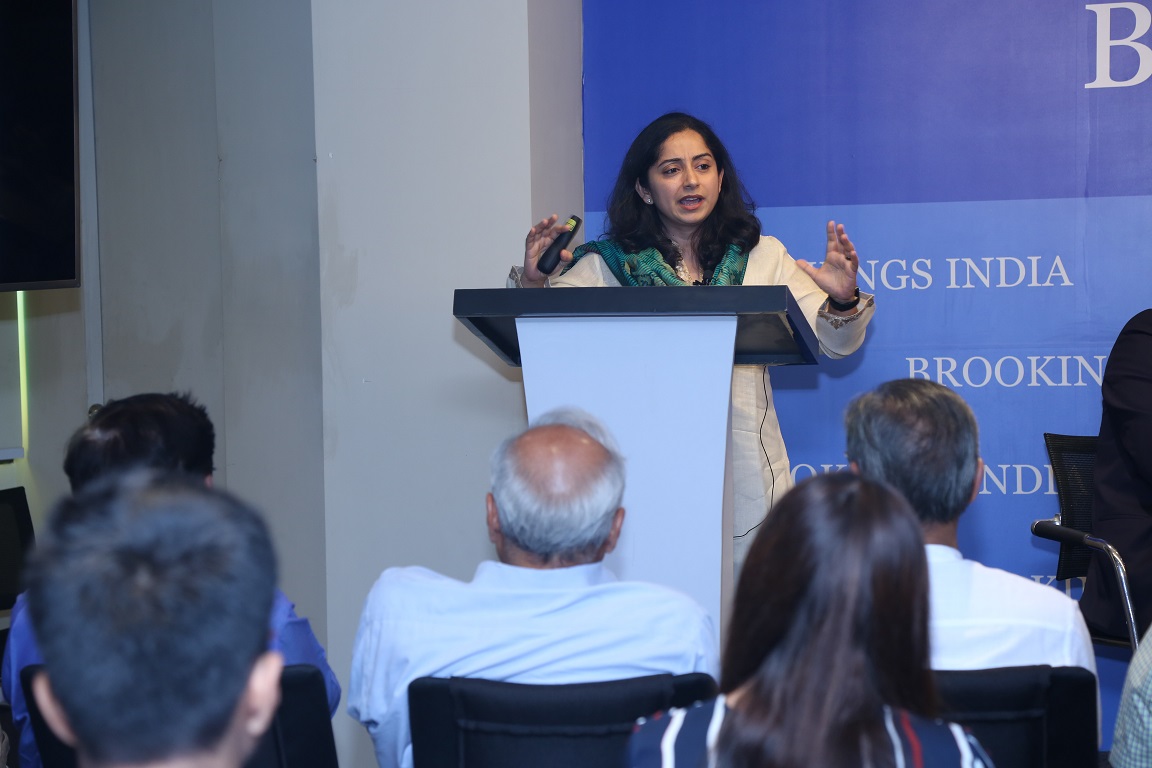
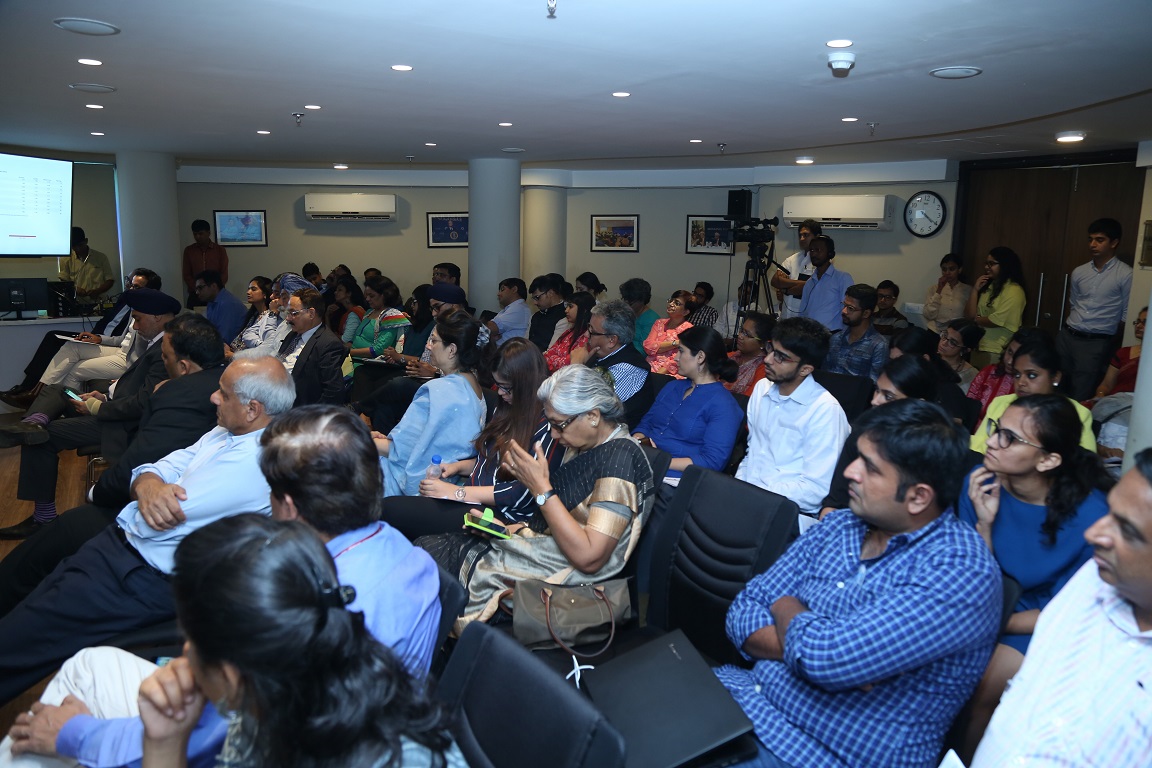
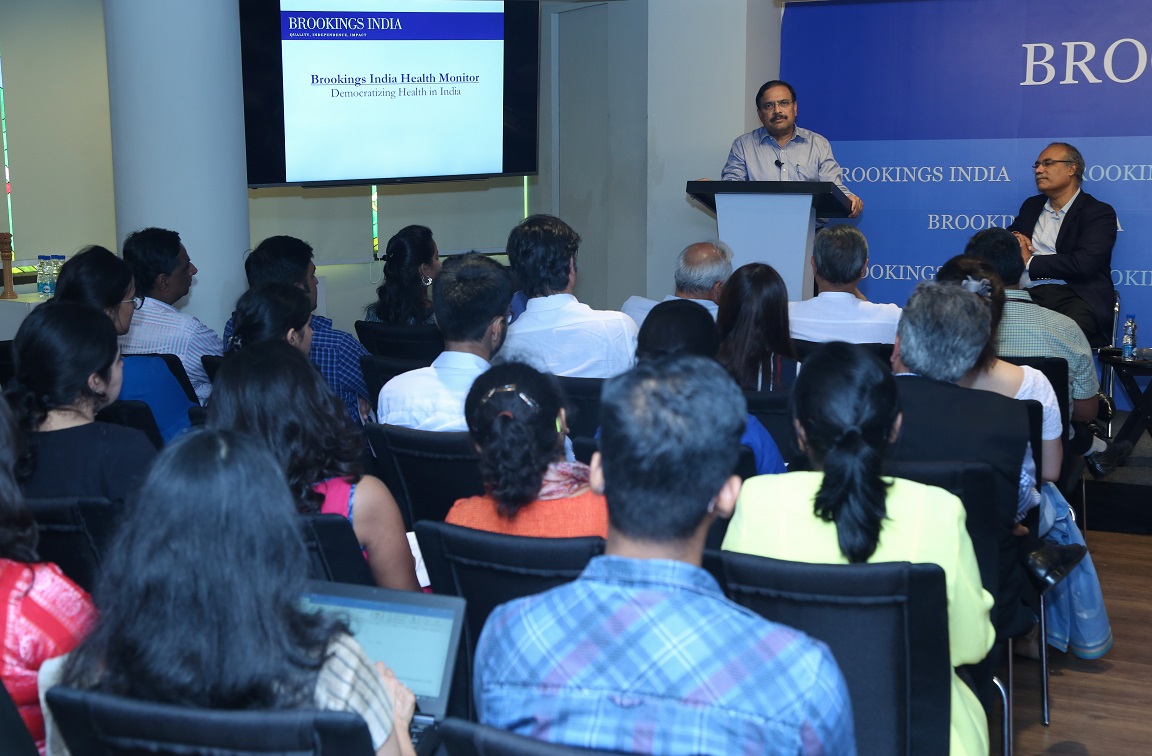
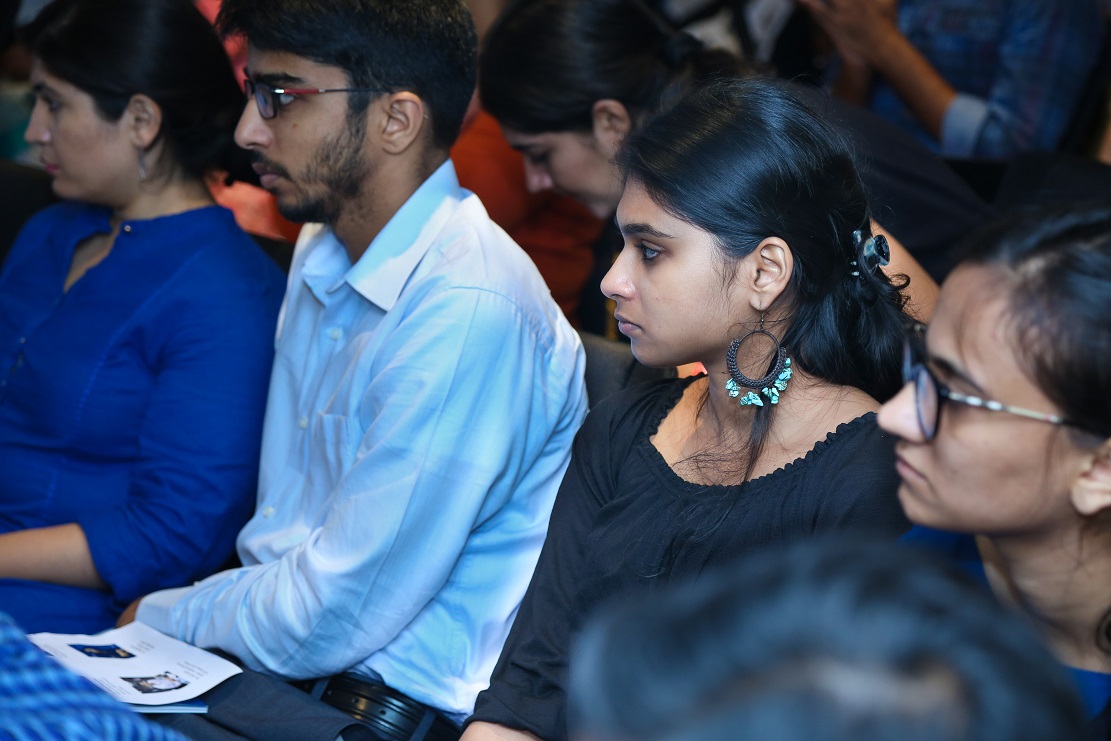
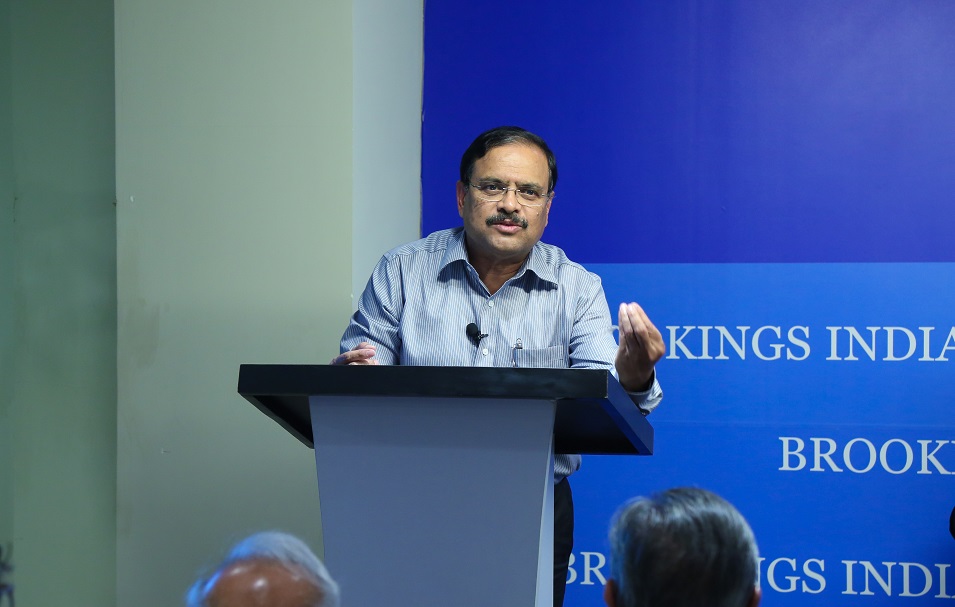
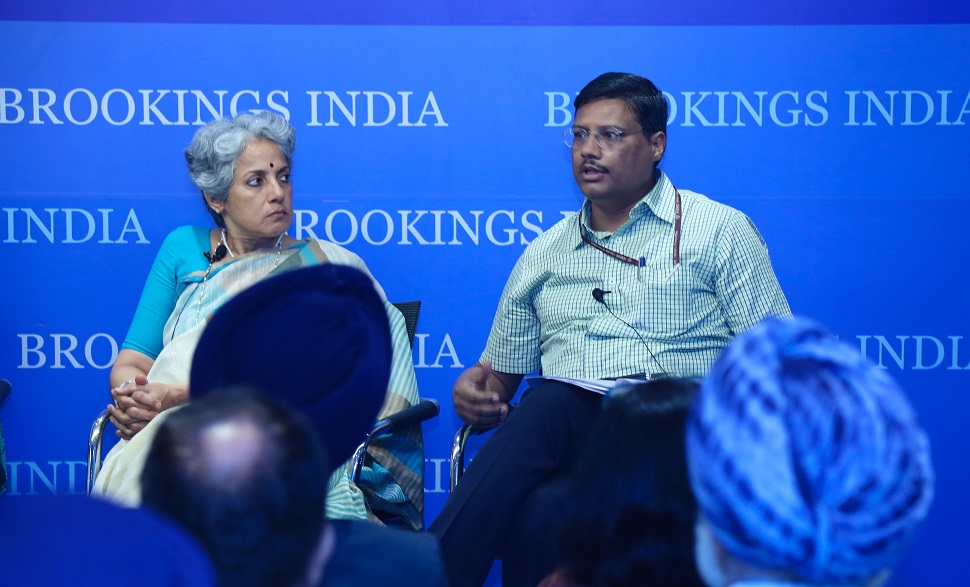
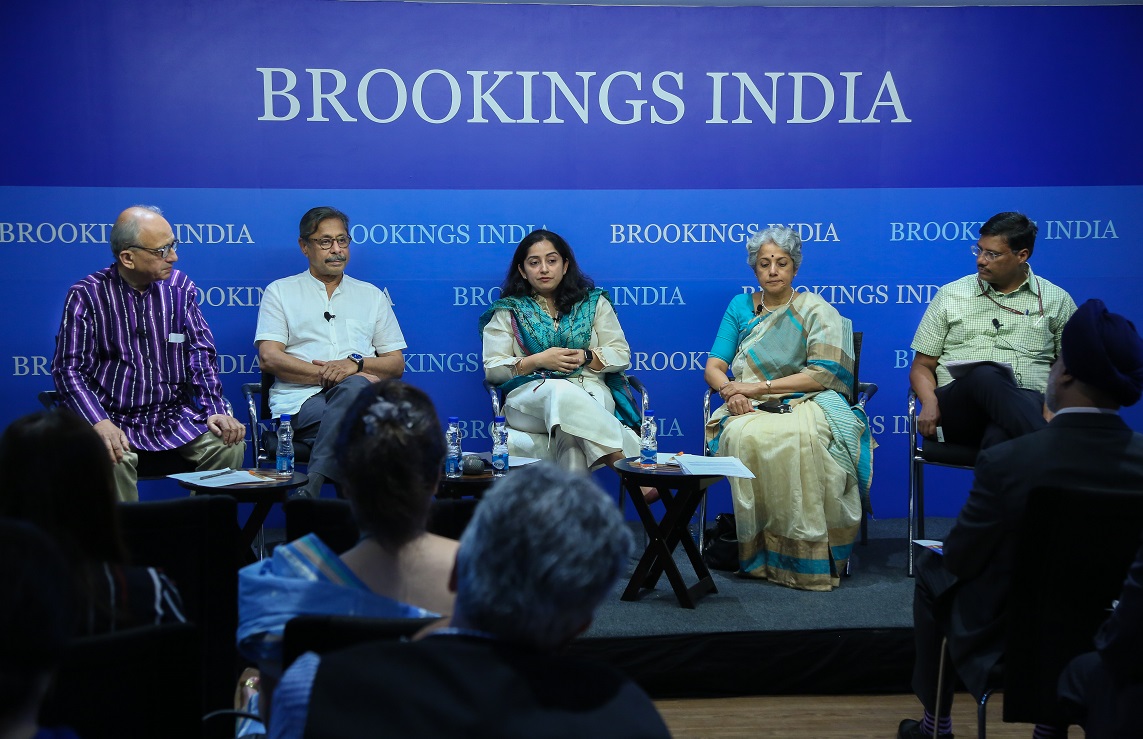
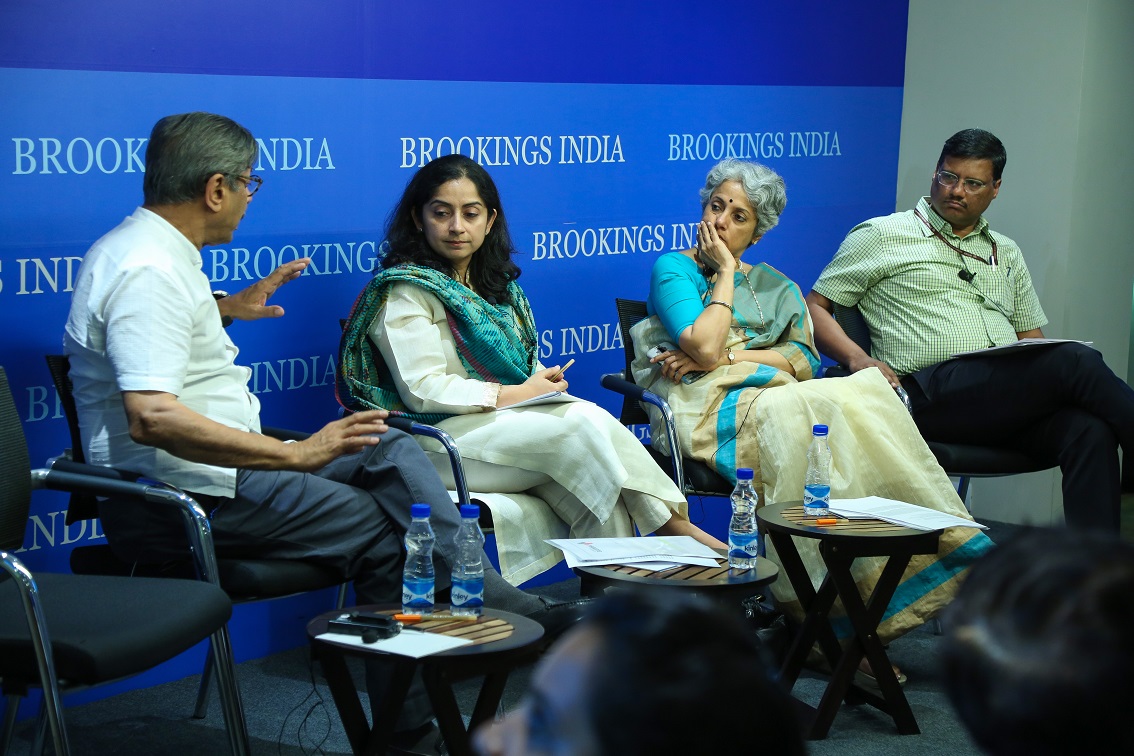
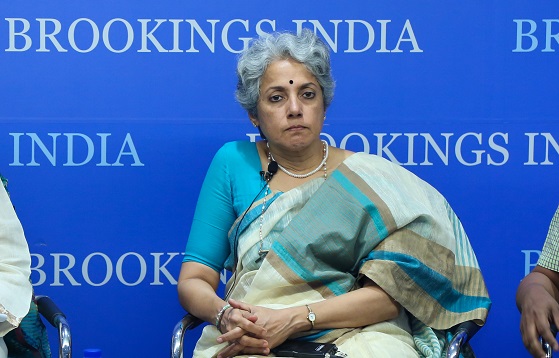
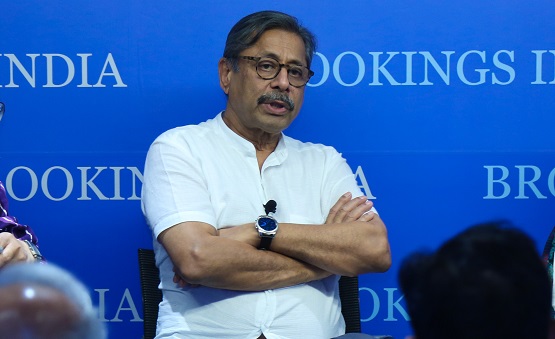
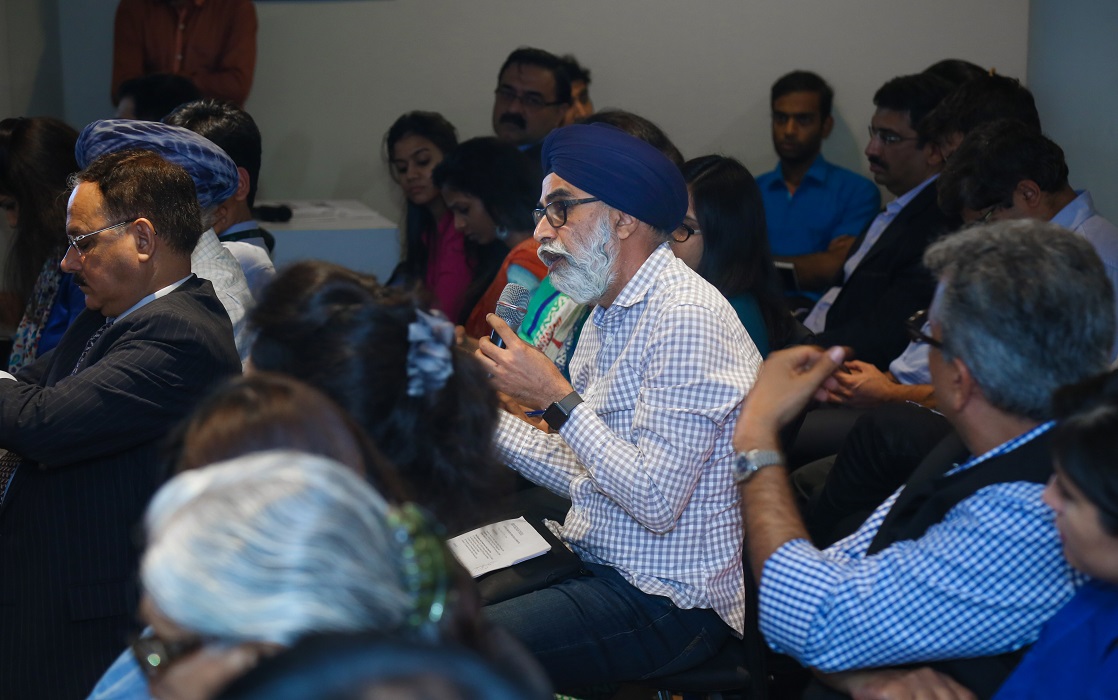

Matthew Fiedler, Richard G. Frank
January 22, 2024
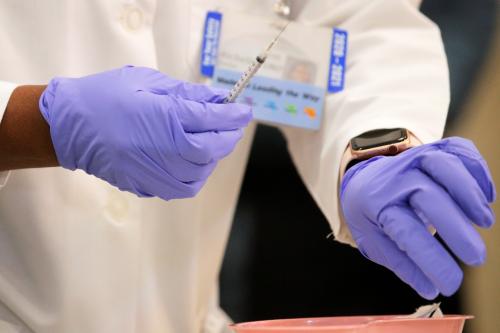
Niam Yaraghi
January 8, 2024

Richard G. Frank, Julia Paris
October 19, 2023